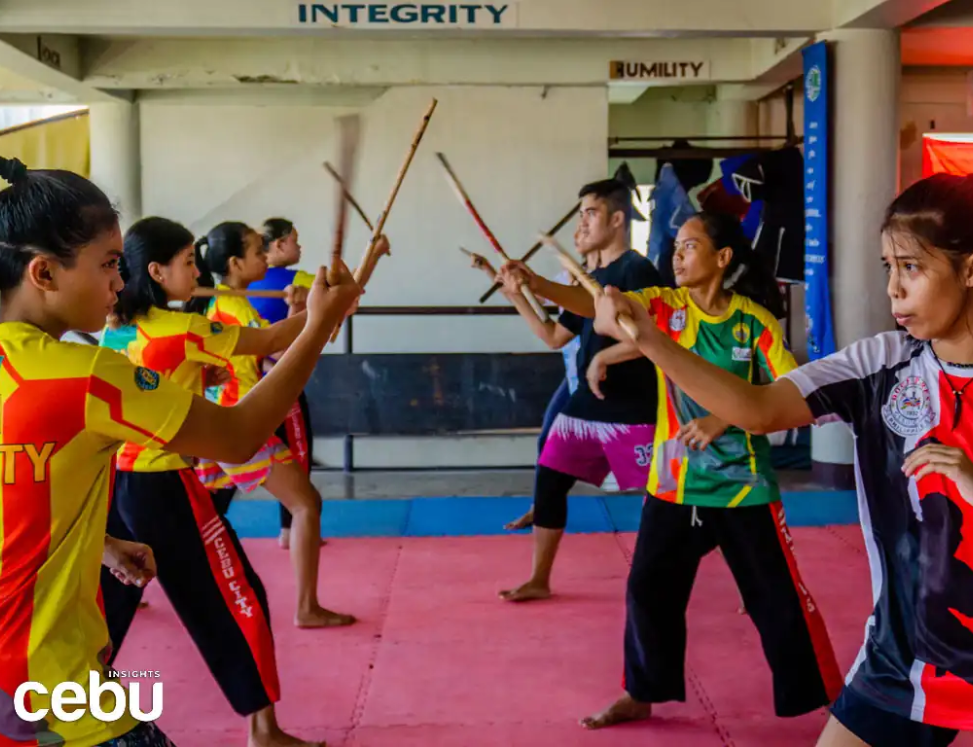Founded in 1932, Doce Pares is considered one of the oldest and most well-documented martial arts systems in the Philippines. It was established by twelve grandmasters, each contributing their expertise to create a comprehensive and versatile fighting system. Among its pioneers were legendary names in the field of Filipino martial arts (FMA), such as Grandmaster Ciriaco Cañete, who played a significant role in refining and promoting the discipline. Despite its success, Doce Pares was not without challenges. The martial art experienced internal conflicts that led to divisions within the family of practitioners. However, in a historic event set for April 2025, the third generation of Doce Pares masters will reunite in Germany, putting an end to what is considered one of the longest family feuds in martial arts history.
Unlike many martial arts that focus on empty-hand combat first, Doce Pares emphasizes weapons training from the start. Practitioners first learn how to wield sticks, knives, and swords, mastering different ranges of combat—long-range, medium-range, and close-range techniques. This unique approach makes escrima or arnis one of the most well-rounded and adaptable martial arts in the world. The system includes techniques for single-stick and double-stick combat, empty-hand self-defense (Mano-Mano), knife fighting (Daga), sword and dagger (Espada y Daga), as well as grappling and throwing techniques (Sikaran and Dumog). The San Miguel style, one of Doce Pares’ most notable techniques, was developed by Grandmaster Momoy Cañete and remains a hallmark of the discipline.
Doce Pares has played a significant role in promoting the Philippines as a hub for sports tourism. Foreign martial artists and enthusiasts frequently travel to Cebu, the birthplace of Doce Pares, to train under expert instructors and experience Filipino culture firsthand. In the past, Grandmaster Dionisio Cañete, a leading figure in the system, initiated global efforts to spread Doce Pares by organizing international tournaments and training camps. His vision contributed to the worldwide recognition of Arnis, the national martial art of the Philippines. Today, Doce Pares remains a popular attraction for sports tourists. Short-term training programs allow visitors to experience basic Arnis techniques, create their own training sticks, and even witness live demonstrations from seasoned fighters. These programs offer a deep cultural immersion, making Cebu a must-visit destination for martial arts enthusiasts.
As Doce Pares continues to grow, several major events are lined up for 2025. One of the most anticipated competitions is the Doce Pares Cup, scheduled for April 11-13, 2025, at the Cebu Technical University Gym, where top Arnis fighters will showcase their skills. Another significant event is the ROTC Games 2025, a national competition under the Department of National Defense and the Commission on Higher Education, aiming to promote Arnis among young Filipino cadets. International training camps are also expected to welcome foreign students from China, the UK, and other countries from September to October at the Doce Pares headquarters in Cebu.
Doce Pares is more than just a martial art—it is a living tradition that continues to inspire new generations. With its rich history, unique techniques, and global impact, it remains one of the most significant cultural exports of the Philippines. As the sport gains more recognition, there is hope that Arnis will one day be included in international sporting events such as the Asian Games or even the Olympics. For martial arts enthusiasts, escrima or arnis is more than just a fighting style—it is a testament to the strength, adaptability, and enduring spirit of the Filipino people. Whether you are a beginner or a seasoned fighter, Doce Pares always has something to offer.



